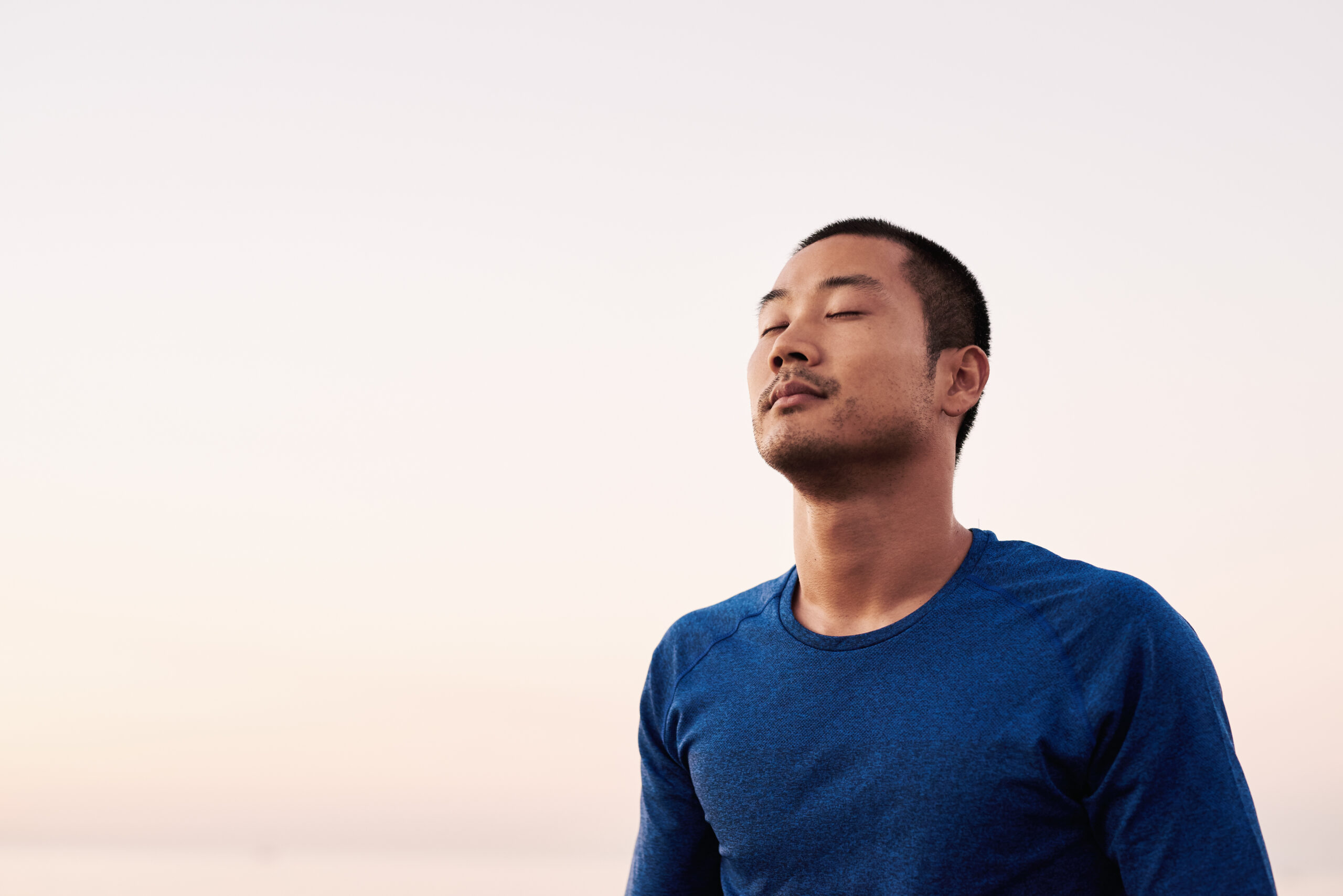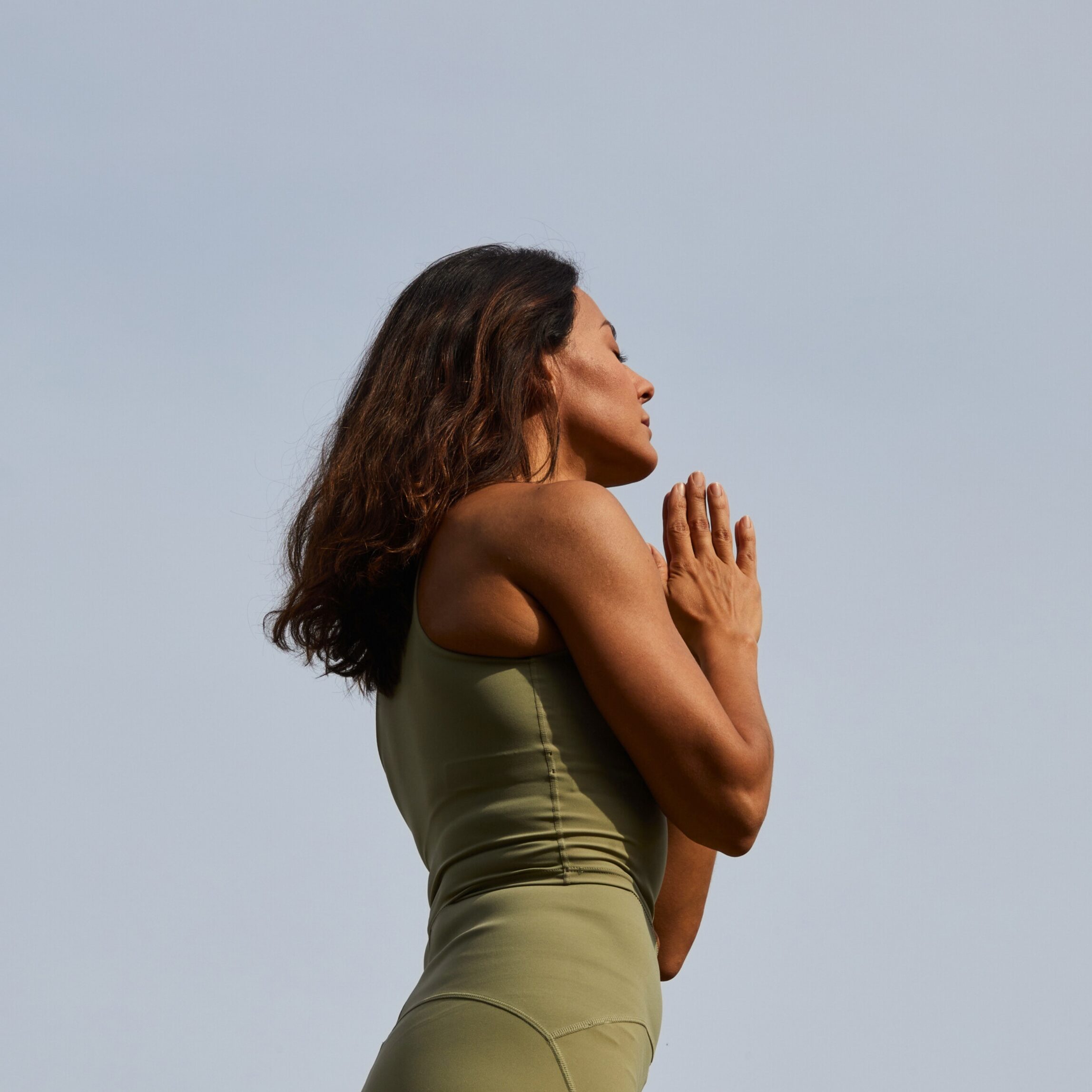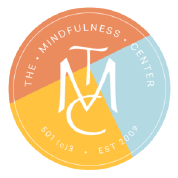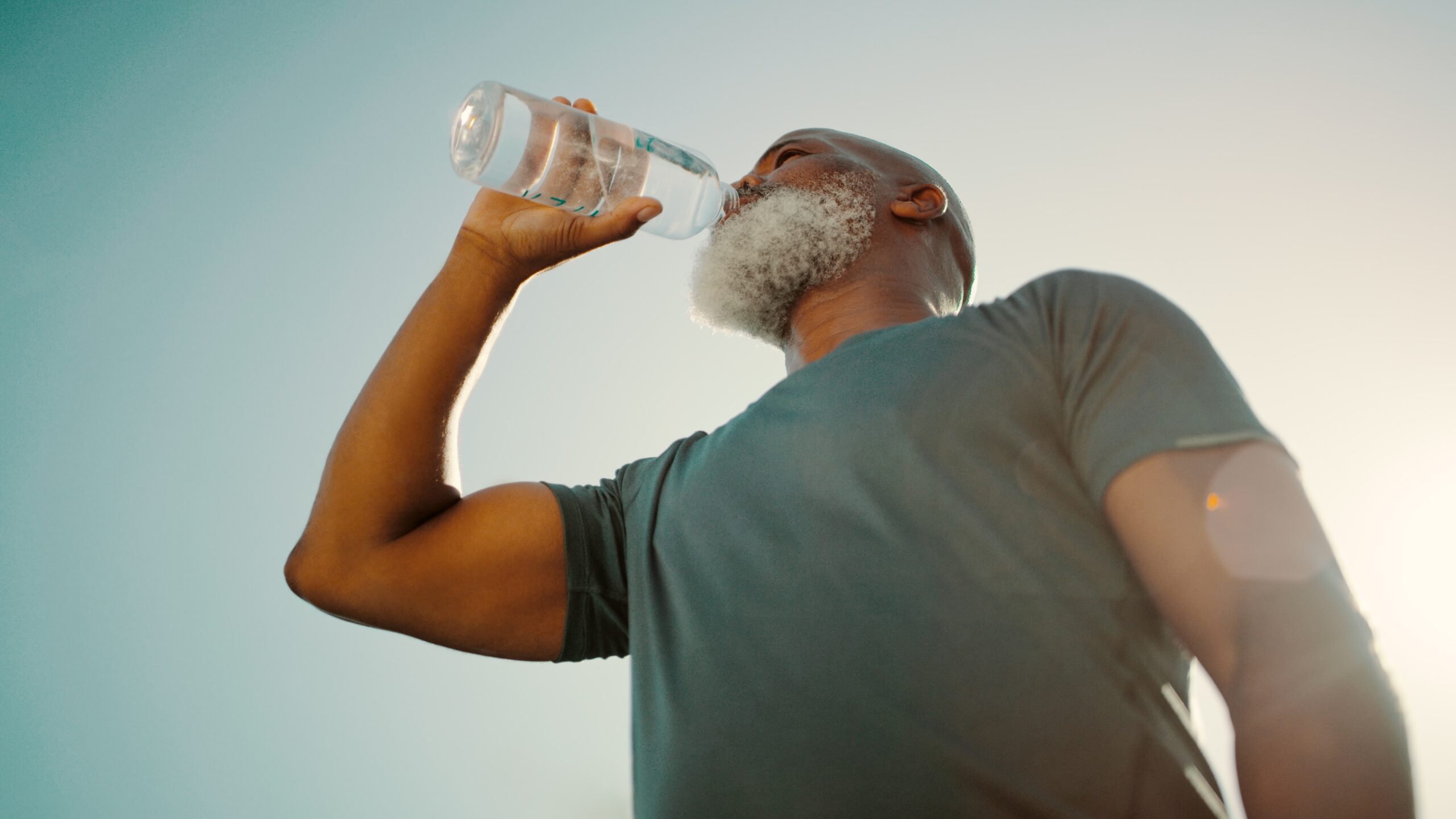The Journey
“It began in mystery, and it will end in mystery, but what a savage and beautiful country lies in between.” ~ Diane Ackerman
Life is often described as a journey. Particularly during trying times or otherwise remarkable periods, we reflect upon life as a right-of-passage where lessons are learned, discoveries are made, and we find ourselves exploring both the outer and the inner landscape of experience.
Many people cite an illness or other health crisis as an impetus for this journey. I hear often of the journey as a climb out of darkness towards healthier living, and what I refer to as Optimal Living. Optimal living is not always pain free, but it is the best that we can have at the moment. Indeed, the reminder that one is still breathing at this moment can sometimes provide the greatest relief. It reminds us that as of This Moment we are still on the journey!
I have spent my life exploring the journeys, both my own, and those of others, curious about the qualities that people find rewarding, and also those which people prefer to avoid. Right off, I’ll tell you that it is different for everyone. As much as we look different from each other, similarly our personal circumstances and experiences are never quite the same. What works for one person on the journey may or may not work for others. I’ve seen someone who recovered from multiple sclerosis (MS) by going on a macrobiotic diet. She swore that everyone with any condition should go on a macrobiotic diet. Yet another woman recovered from MS by doing yoga. She swears that everyone should do yoga. But there are those who have tried yoga and various diets and more, and not found the positive effects on their health that others have claimed.
And yet we seek to discover the broader patterns that we all share as similarities, both in the way that we look, and the circumstances that make us healthier and happier. We are generally designed to have two arms and two legs, walk upright, with a head on top. Hair grows somewhere around the head, and a few other common places, and we have about 10 toes and 10 fingers. So there are some expectable similarities. So it is, I have found, with the steps along the journey that lead to optimal well-being. The following are six lifestyle factors that I find are common themes in the journey of well-being; adequate nutrition and hydration, some form of exercise, adequate sleep, stress management and spiritual discovery. Each of these is a land of its own to explore, full of valleys and mountains, vast stretches of unexplored territories and treasures.
In our Journey to Well-being, we will be exploring these areas of well-being; a guided tour, if you will, through the land of opportunity. It will be literally bountiful with fresh fruits and vegetables, pure spring water, room to move, fresh air to breathe, and safe havens for rest and recovery. It will also be a journey inward, facing our fears and our pains, continuing on through them to the core of our consciousness. The journey into the consciousness is where we will find the foundations for behavioral change. Exploring the consciousness leads to a greater capacity for self-regulation and the comfort of a sense of having more self-control. As the consciousness expands, we experience a sense of freedom, both in our ability to make our own decisions and choices, and a sense of freedom in the ability to let go and take things as they come – experiences of acceptance and trust – open to the inquisitive nature of a journeyer.
The Journey to Well-being, with Dr. Debbie Norris and Aurora Hutchinson, provides tips and tricks for exploration every two weeks. Please share your discoveries along the way!

Deborah Norris, Ph.D.
In 1996, Debbie was diagnosed with severe fibromyalgia, which left her in chronic pain; doctors said there was no cure and nothing could be done. Debbie, a research scientist, began researching the underlying causes of her condition and took up practices to reverse these causes. Debbie began doing things to gradually increase her physical, mental and emotional well-being, including gentle yoga for the physical pain, nutritional changes to increase her energy and meditation to relieve stress. By incorporating these practices, Debbie reversed her condition and returned to an active, healthy life. After an accident in 1999, Debbie suffered a traumatic brain injury and was diagnosed with seizures, impaired vision and chronic headaches. Once again, Debbie researched ways to heal herself using mind and body practices, and once again, Debbie was able to heal herself and live a healthy life free of seizures and pain. In her practice, Dr. Norris draws on both her scientific research and ancient wisdom to integrate lifestyle elements of meditation, physical exercise, spiritual development, relaxation therapy, nutrition and herbs for maximal health and happiness!


Social Media
Most Popular


Mind-Body Influences of a Solar Eclipse

Journey to Well-Being












